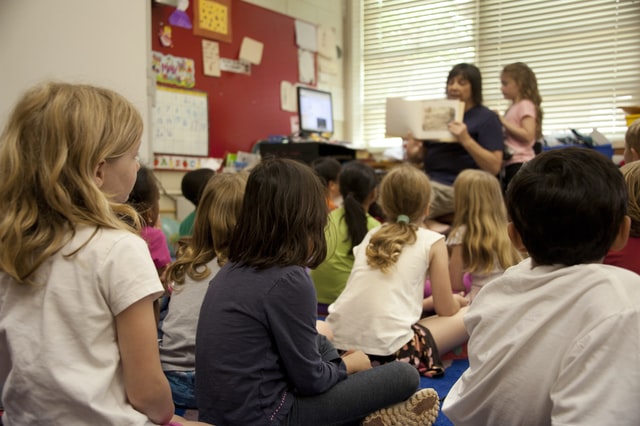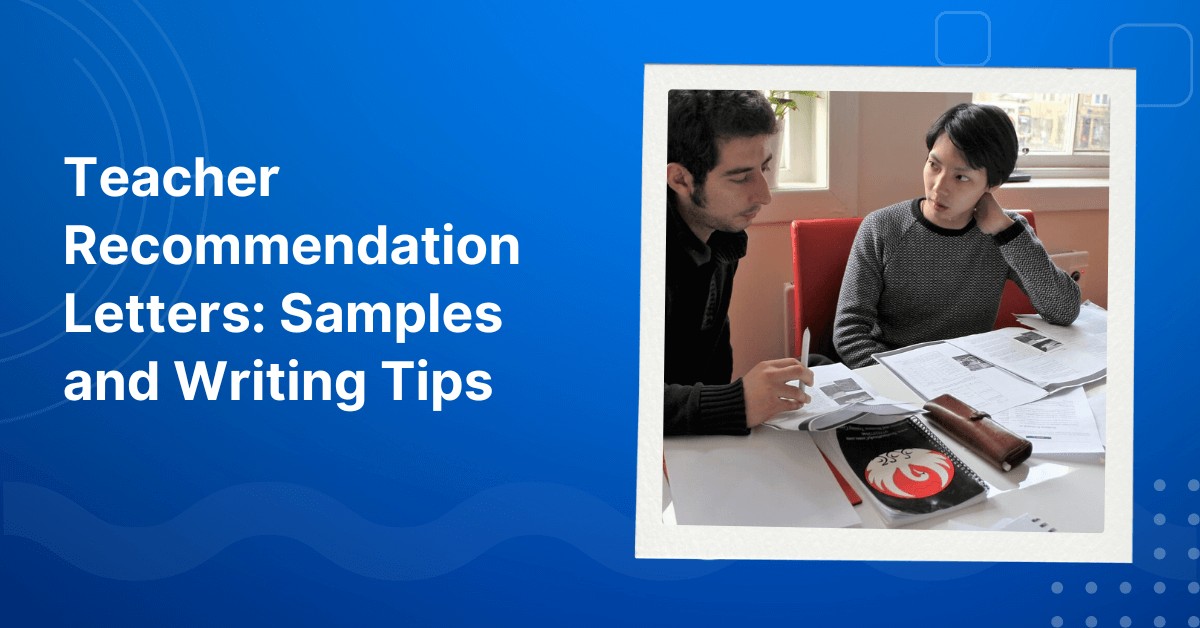Classroom management skills (CMS) are highly technical and tactical actions that teachers can perform proficiently to control, process and adjust the behavior of students in the classroom, in order to establish and maintain class order in an effective way, suitable to the reality, conditions and specific circumstances of each class.
When considering the nature of skills, educators like X.I. Kizegob, N.D. Levitov… consider skill as an expression of personal capacity and a necessary condition for competence in a certain field (ie one of the components that structure capacity). According to educator Vu Dung, skill is the ability to apply knowledge expressed in the mode of action, which is perceived by the subject to perform corresponding tasks.
Many other educators see skills as the technical, trickery side of manipulating an action or activity. According to Tran Trong Thuy, skill is the technical side of action, people who know how to act are skilled people. Skills are expressed through behavioral patterns, actions, work rules, and requirements for pedagogical standards. We agree with this concept and believe that skill is knowing how to perform a certain action or activity competently and with results. The skill represents the level of thinking manipulations, the ability to act, and the technical side of the action. Skills are always associated with a particular activity; have accuracy, flexibility; has a fast, reasonable performance, and do the job independently.
CMS has a very broad meaning, it is not only related to the management of behavior (positive and negative) of specific individuals in the classroom but it is related to the entire classroom environment in general. That environment, not only includes the classroom atmosphere, attitudes, emotions and interactions among class members, but also includes the classroom space, the facilities class. According to Wong & Wong (2001), CMS includes the management of space, time, facilities and learning resources in the classroom, as well as the management of behavior and interactions to build an atmosphere. classroom atmosphere.
In this article, we do not have the conditions to present all the issues related to CMS according to the above concept, but only focus on the necessary skills of teachers to establish and maintain classroom order during class time.
To manage the classroom during class time, what skills do teachers need?
After all, teachers need to have the following basic skills:
CMS #1: Developing classroom rules and codes of conduct
- Skills in developing classroom rules and codes of conduct (specifying what to do and not to do; general requirements or standards for behavior in class)
Its meaning is to establish and maintain students’ sense of discipline. Jim Rohn once said, “Discipline is the bridge between goals and execution”. Therefore, building a sense of discipline is to realize educational goals. To do this well, right at the beginning of the school year, teachers should point out to students that what is most important and necessary to help them succeed in learning, then organize for students to participate. participate in the process of developing rules and codes of conduct in a democratic and open manner with the consensus of the whole class. On that basis, clear rewards and punishments are prescribed for students to comply with and self-regulate. behaviors. A rule and code of conduct is said to be best not to have too many rules, only 8 to 10 rules should be set out for students to remember and easily implement. I.e:
(1) Attend school on time;
(2) Bring all books and materials to class; (
3) Sit in your right seat from the beginning of class;
(4) Respect and be polite to teachers and friends;
(5) Speak at the right time, without interrupting the teacher and others;
(6) Respect the property of the class and friends;
(7) Do not quarrel or fight with friends;
(8) Do not work alone and use the phone….etc.
CMS #2: The skill of building a classroom psychological environment.
The classroom psychological environment plays an important role in promoting and attracting students to learning activities, limiting dropout, laziness, disorder, disorder, etc. The classroom really becomes an ideal place to learn is a problem not all teachers can do. Besides creating a happy atmosphere, teachers need to build close, friendly, open, cooperative, equal, empathetic, tolerant, listening and respectful communication relationships between teachers and students. each other. A classroom environment with a heavy atmosphere of criticism, insults, envy, dishonesty and unfairness will create intense confrontation between teachers and students, giving rise to hostility, competition, and rivalry. envy and create selfishness, insensitivity, and distrust in relationships. Only when teachers can build a good classroom environment can they best manage their teaching.
CMS #3: to cover, control, prevent and handle unacceptable behaviors of students in the classroom.
This skill has been identified as one of the factors that differentiate excellent teachers from average teachers. Because the response and handling of wrongdoings (disorderly, disruptive, chaotic…) of students in the classroom is always the most difficult and difficult problem that teachers often face. Usually, when seeing students talking, disrupting, dozing off, using the phone, hitting friends, talking nonsense, not doing homework, stealing your property, or being rude to teachers… Teachers often use it. prompts or look directly at that student, you can move closer and tap the student’s desk, even stop the learning activities of the whole class to focus on dealing with that behavior in a direct and direct way. direct penalty. But sometimes that approach still doesn’t work for some individual students. Therefore, teachers need to take resolute and firm actions. For example, when seeing a student talking or falling asleep in class, the teacher asks the student to stand up and repeat what she just taught or answer the teacher’s question. When the teacher sees that the student does not perform the assigned homework, sits on the phone, or puts his head on the table to sleep, the teacher can force the student to go to the board to do the exercise, if he sees that the student throws food in the classroom, causing dirt. the floor, the student must be forced to clean the classroom at that time….etc.
In severe cases, students may be forced to sit in isolation in the classroom or in an isolated area outside the classroom; can call the parents to pick the student home, rather than suspending school and refusing to teach the student. Teachers avoid scolding, insulting, kicking students out of class with offensive words…. Depending on the case and level of expression of the students, the teacher offers different ways of handling. Absolutely teachers must not ignore or ignore the unusual behavior of students. In any case, the teacher never punishes the entire class, because punishing the whole class only stimulates more disturbances of students. The teacher should tell the whole class that “What you do makes me extremely sad and disappointed”.
To have good problem-solving skills, teachers regularly review which of their actions or reactions are effective and ineffective, even counterproductive to remove or replace accordingly.
CMS #4: the ability to attract students’ attention to learning activities.
That is the pinnacle of CMS skills. How to keep students from talking, working alone, not disrupting, not falling asleep and always being absorbed in classroom activities is not an easy job and requires pedagogical art. . To do this, the teacher must have tactics like a hypnotist. In fact, experienced teachers often organize learning games at the beginning or end of class to inspire; tell funny stories to lead into the lesson or show students some topical pictures and videos related to the lesson content.
In the lecture, teachers never let time be idle but always create situations with problem questions for students to explore and discover through group discussions, or for students to role-play, explain presentations, reports,… Sometimes when students are tired and distracted, the teacher can change the tone of the lecture, or tell funny and funny stories, even for the whole class to get up and do some movement. Exercise to the beat of a song or piece of music. Those activities need to be diverse and intertwined in the lesson, creating unexpected interesting things so that students do not get bored but focus on learning.
In addition to the above skills, teachers always pay attention to giving praise or rewards at the right time to encourage students’ efforts and progress (praise right in class or call, send a private letter to parents to pass on the praise). praise). Thereby improving the awareness and discipline of students towards learning in class. Teachers should also often use their words and feelings to impress the class: “My class always makes me feel very happy to teach”, “I feel very proud of our class”.
For students who are lazy to study, slow to progress, or cause trouble in class, teachers often assign learning tasks that are just right for them to promote the positive side (such as hanging or gluing products to the classroom). of the group at the corner of the classroom or on the board; draw, draw, decorate a certain learning product; film, take photos as materials for the group; provide technical support for students when presenting by computer; or request Asking to answer a few simple questions for students to overcome self-doubt, fear and guilt in interacting with teachers This is demonstrating differentiated teaching, and at the same time limiting potential dangers. hidden about the misbehavior of disruptive students in the classroom.
With special students, teachers need to be very skillful, flexible but firm in handling situations to avoid stress, conflict and hurt.
The success of a class hour depends on many factors, but the most important factor, which has a fundamental meaning, is CMS skills. Without classroom management, all efforts of teachers to teach fail. Therefore, equipping and practicing CMS skills is always the top priority of every teacher. In Vietnam as well as in many countries around the world, teachers believe that it is necessary to open universal and advanced classes on CMS skills, especially skills to deal with and deal with violence occurring in the classroom. This article hopes to equip general teachers with new experiences and lessons on CMS skills in class, especially for young teachers who are new to the profession and lack experience in CMS.






